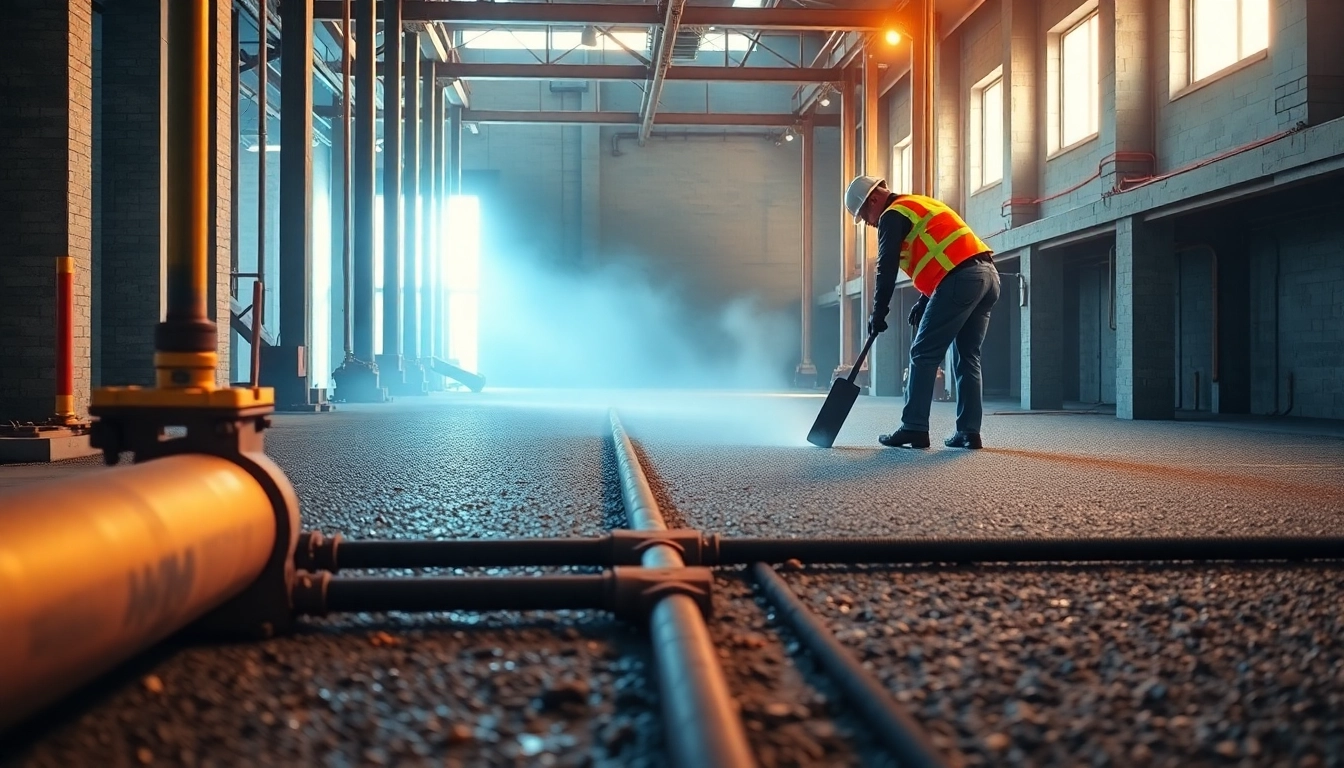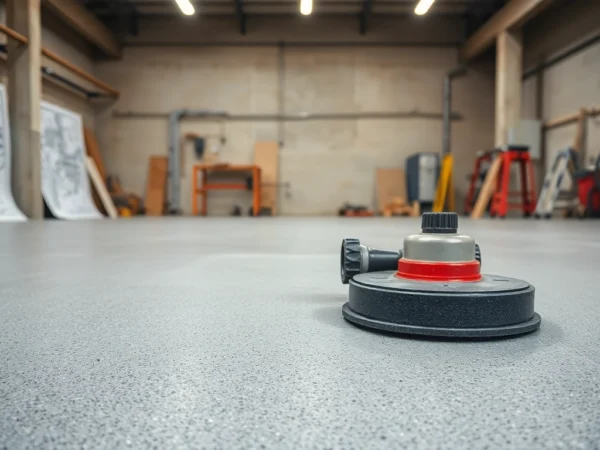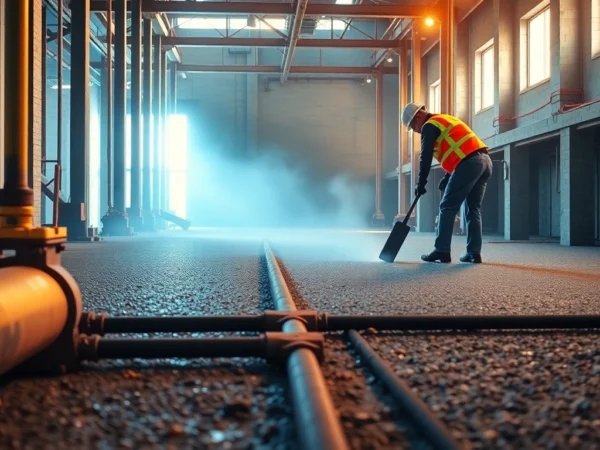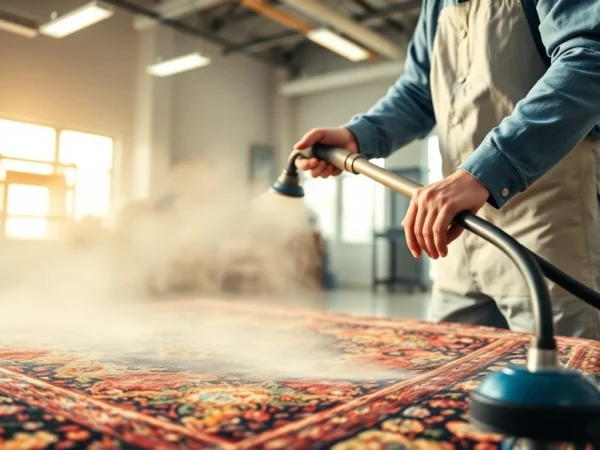Expert Liquid Screeding Birmingham for Fast, Reliable Floor Foundations
Introduction to Liquid Screeding in Birmingham
In the realm of modern construction and refurbishment, achieving a perfectly level, durable, and efficient floor is paramount. The advent of liquid screeding has revolutionized floor installation processes, especially in a bustling city like Birmingham, where fast turnaround times and high-quality finishes are highly valued. Liquid screeding offers an innovative solution that is both versatile and high-performing, making it the preferred choice for many builders, contractors, and homeowners. If you’re considering upgrading your flooring or installing underfloor heating in Birmingham, understanding the benefits and technical nuances of liquid screeding is essential. To explore options tailored specifically for Birmingham’s construction landscape, visit Liquid screeding Birmingham and connect with local experts who can deliver top-tier results.
What is Liquid Screeding?
Liquid screeding is a state-of-the-art flooring solution composed of a flowable mixture of cement, fine aggregates, water, and sometimes specialist additives. Unlike traditional sand-and-cement screeds that require manual labor and extended curing times, liquid screeds are designed for rapid application and high precision. The product is pumped directly onto the prepared substrate, creating a seamless, level surface. Due to its fluid nature, liquid screed can easily flow into complex shapes, underfloor heating pipes, and hard-to-reach areas, ensuring a consistent thickness and superior finish. This modern substrate provides the foundation for various floor finishes, including tiles, carpets, and wood-based coverings, making it adaptable for residential, commercial, and industrial projects across Birmingham.
Why Choose Liquid Screeding in Birmingham?
Choosing liquid screeding in Birmingham offers numerous advantages that align with the city’s rapid construction schedules, high standards, and the need for sustainable building practices. Birmingham’s diverse projects—from luxury residential developments to large commercial spaces—require a reliable, efficient, and high-quality flooring method. Liquid screeding fits perfectly into this landscape due to its speed of installation, minimal waste, and ability to produce exceptionally flat and durable surfaces. Moreover, with Birmingham’s growing emphasis on eco-friendly construction, liquid screeds often incorporate low-emission materials and facilitate energy-efficient installations like underfloor heating, further reducing the carbon footprint of building projects.
Key Benefits of Modern Floor Screeding
- Rapid Installation: Thanks to its pumpable nature, liquid screed can be laid quickly over large areas, significantly reducing project timelines.
- Superior Flatness and Leveling: The flowable mixture self-levitates, achieving precise thickness and flatness essential for high-quality finishes.
- Excellent Heat Transfer: Ideal for underfloor heating systems, it maximizes heat conduction, promoting energy efficiency.
- Minimal Waste and Reduced Labour: Controlled pumping minimizes material wastage and reduces manual labor costs.
- Compatibility and Versatility: Suitable for various substrates and compatible with diverse floor coverings.
Applications and Advantages of Liquid Screeding
Underfloor Heating Compatibility
Liquid screeding is particularly compatible with underfloor heating systems. Its excellent thermal conductivity ensures even heat distribution across the floor surface, enhancing comfort and reducing energy costs. The fluid nature of the screed allows for uniform coating of heating pipes, minimizing air pockets which could hinder heat transfer. In Birmingham’s climate, where energy efficiency is increasingly prioritized, installing underfloor heating with liquid screed delivers both comfort and cost savings.
Fast Installation and Reduced Downtime
Project deadlines in Birmingham often demand swift progress. Liquid screed’s rapid application process—often drying within 24 to 48 hours—means floors are ready for next-stage finishing much sooner than traditional methods. This quick turnaround accelerates overall project timelines, enabling developers and contractors to meet tight schedules without sacrificing quality.
Achieving Level and Strong Floors
One of the standout advantages is the screed’s ability to produce a perfectly level surface, essential for the integrity of subsequent floor finishes. Its self-levelling properties reduce the need for extensive manual smoothing, ensuring uniform thickness even across complex layouts. Additionally, when properly applied, liquid screeds yield a robust and durable foundation capable of withstanding heavy loads and daily wear, crucial for both residential and commercial applications in Birmingham.
Installation Process and Quality Standards
Preparation and Site Assessment
Successful liquid screeding begins with thorough site evaluation. This includes assessing the substrate’s strength, cleanliness, moisture content, and surface evenness. Substrates such as concrete slabs, existing floors, or even lightweight floors require specific preparation to ensure adequate bonding and stability. Any irregularities or contaminants are addressed through grinding, cleaning, or moisture barriers before application.
Steps of Liquid Screed Application
- Mixing: The liquid screed is prepared in controlled conditions, ensuring optimal consistency and workability.
- Pumping: Using specialized pumps, the mixture is transported to the desired area, avoiding segregation or premature setting.
- Levelling: The material flows evenly, naturally filling the voids and reaching the target thickness, aided by professional trowelling or screeding tools if necessary.
- Curing: The screed is left to cure, usually within 24-48 hours, with some projects applying curing compounds or covers to enhance strength and reduce cracking.
Ensuring Long-Term Performance and Care
Post-installation care significantly influences the longevity of the screed. Maintaining the floor’s moisture levels, preventing heavy traffic during the initial curing phase, and avoiding excessive point loads are crucial. Proper curing and quality materials ensure the screed maintains its flatness, strength, and thermal properties over time, supporting the longevity of the entire flooring system.
Choosing the Right Supplier in Birmingham
Important Factors When Selecting a Screeding Contractor
- Experience and Reputation: Opt for companies with proven track records in Birmingham’s construction sector.
- Certifications and Quality Standards: Verify adherence to industry standards such as BSI or equivalent quality assurances.
- Comprehensive Service Offerings: From assessment to installation and aftercare, choose suppliers offering end-to-end solutions.
Certifications and Experienced Teams
The complexity of liquid screeding demands skilled, trained technicians. An experienced team ensures correct mixing, pumping, and levelling procedures, reducing risks like cracking or uneven surfaces. Certifications such as CITB or industry-specific accreditations demonstrate technical competence and compliance with safety standards, vital in Birmingham’s regulated construction environment.
Cost, Timelines, and Customer Support
While price competitiveness is important, it should not compromise quality. Transparent quotes, clear delivery schedules, and responsive customer service are key indicators of a reliable supplier. Early engagement with experienced contractors helps in aligning project milestones, avoiding delays, and ensuring the highest standards are met throughout the process.
Performance Metrics and Customer Satisfaction
Measuring Floor Levelness and Durability
Key indicators of successful liquid screeding include floor flatness, measured via the F-norm or LL (Longitudinal Levelness), and compressive strength tests conducted post-curing. Regular quality checks during installation minimize defects, while thorough testing after curing ensures the floor can support subsequent layers and finishes.
Customer Testimonials and Case Studies
Many projects in Birmingham showcase the efficiency and quality of liquid screeding. For example, a recent commercial development reported 30% faster completion times after switching to liquid screed, with post-project floor flatness scores exceeding industry standards. Testimonials often highlight how the rapid turnaround reduced overall project costs and enhanced client satisfaction.
Maintenance Tips for Lasting Results
Long-term smoothness and strength depend on proper maintenance. Avoid from heavy point loads during the initial curing period, keep moisture levels in check, and periodically inspect the floor for cracking or unevenness. Regular cleaning and minor repairs extend the lifespan and preserve performance metrics.










